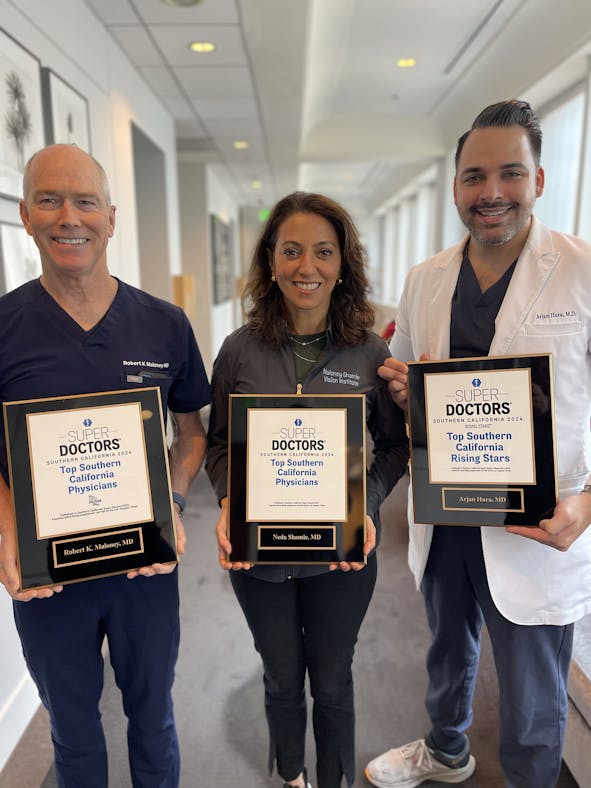We believe that a well-informed patient is key to successful vision correction surgery. We want to be sure that you fully understand what you can expect from the procedure you choose.
Pasadena Location Now Open
Pasadena Location Now Open





© Maloney-Shamie-Hura Vision Institute. All Rights Reserved.
